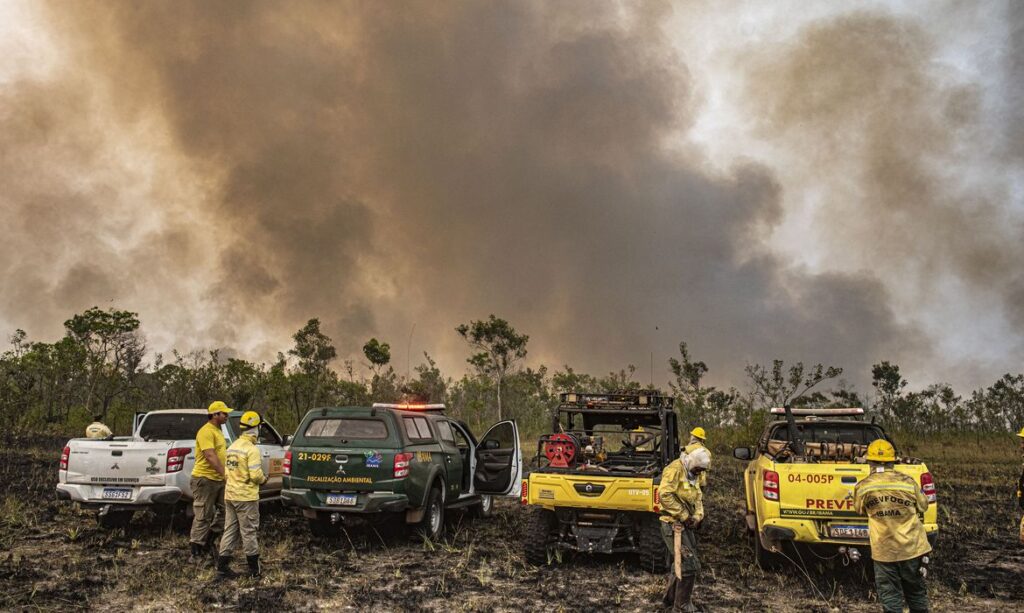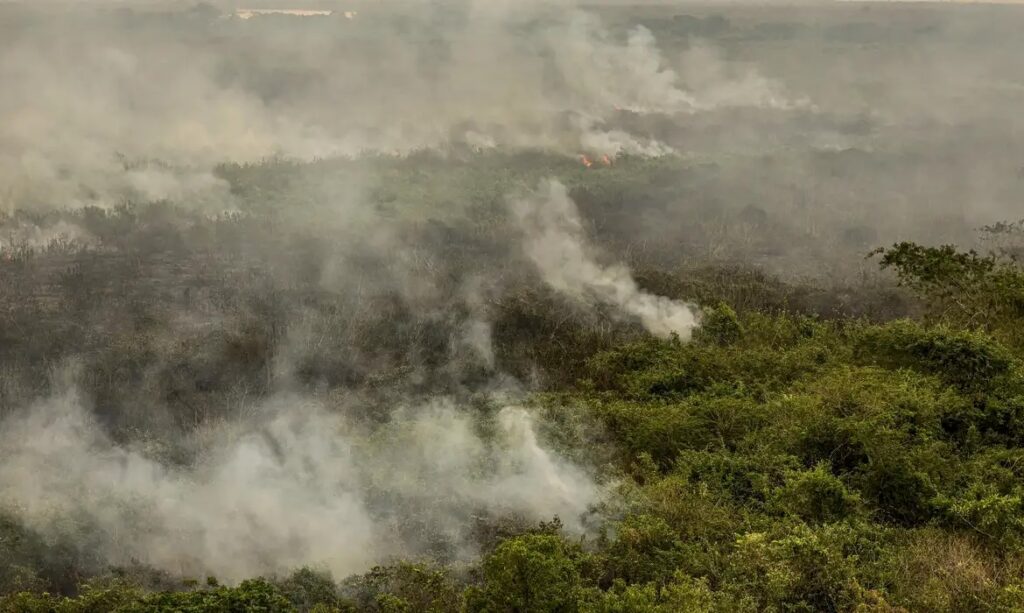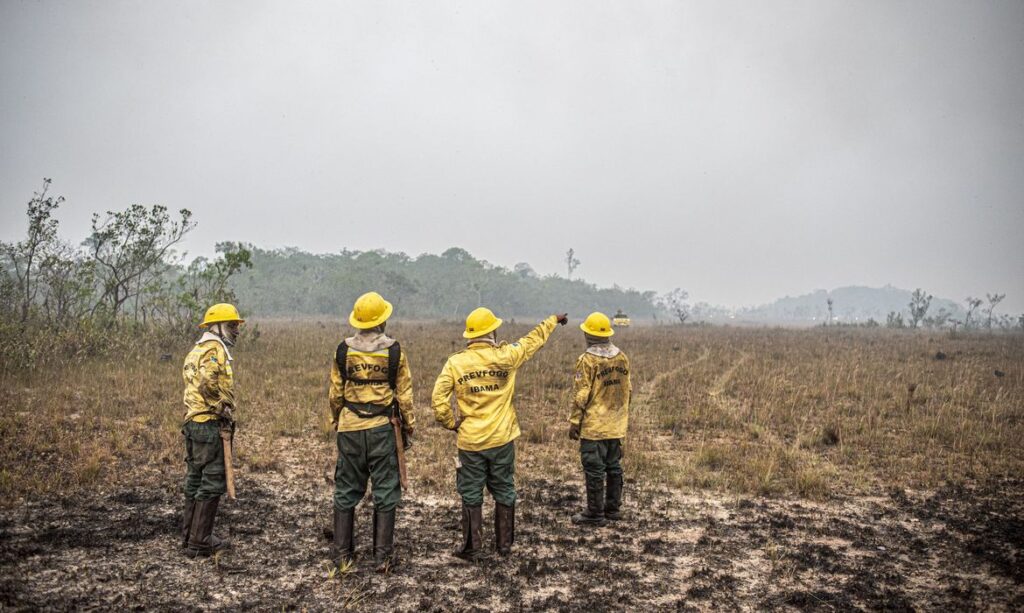Brazil is grappling with a catastrophic wildfire crisis, as more than 50,000 active fires rage across the country, impacting some of the world’s most vital ecological systems. Regions such as the Amazon, Cerrado, and Pantanal are bearing the brunt of this disaster, which has prompted severe air quality issues and smoke reaching densely populated cities like São Paulo and Rio de Janeiro.
According to authorities and the Igarapé Institute, this year has seen a staggering number of wildfires. With 180,000 fires recorded in Brazil so far, the nation is witnessing the most intense wildfire season since 2010, with more than three months still remaining in 2024. Between January and August alone, approximately 12 million hectares—nearly 30 million acres—have been scorched, as reported by MapBiomas.
A Deepening Crisis

The Amazon is currently experiencing its worst drought in four decades, as noted by Brazilian President Luiz Inácio Lula da Silva during a recent visit to an Amazon riverside community. The severe drought, combined with rampant deforestation, is fueling these unprecedented wildfires. Deforestation has led to reduced rainfall, destabilizing the ecosystem and creating a vicious cycle of drought and fires, explained Rachael Garrett, a conservation and development professor at the University of Cambridge.
The situation extends beyond Brazil’s borders, affecting neighboring countries like Bolivia and Ecuador. These nations have faced flight cancellations, evacuations, and school closures due to the smoke drifting from Brazil’s wildfires.
Controversy: Is Agro Business to Blame?

Amidst the crisis, a contentious debate is unfolding over the role of agribusiness in these wildfires. On one side, critics argue that the expansion of farmland for crops like soy and cattle is driving deforestation and, consequently, the fires. They claim that the agribusiness sector’s land-clearing practices, often through illegal burning, contribute significantly to the current wildfire crisis.
On the other side, representatives from the rural sector, such as Pedro Lupion, President of the Parliamentary Front for Agribusiness, contend that the fires are detrimental to their own interests. Lupion argues that the agribusiness community suffers substantial losses due to wildfires, citing an estimated one billion reais in damage from the destruction of sugarcane fields in São Paulo. He asserts that agribusinesses are not benefiting from the fires and that increased regulation could instead harm their productivity.
Government Response and Legal Reforms

In response to the escalating crisis, the Brazilian government is considering harsher penalties for illegal land burning. Proposed measures include increasing prison sentences for arsonists and potentially confiscating land from those responsible. The government is also exploring regulatory reforms to improve fire management and enforcement.
The Federal Police are investigating over 50 cases of suspected arson, and discussions are ongoing about more stringent legal measures. However, concerns remain about the efficacy of these measures and the challenge of proving responsibility for such crimes.
As the wildfires continue to ravage Brazil, the situation remains dire, with both ecological and economic implications. The government’s efforts to address the crisis will need to balance the immediate need for effective fire management with long-term strategies to protect and restore Brazil’s vital ecosystems.
Source: apnews.com
www.swissinfo.ch


